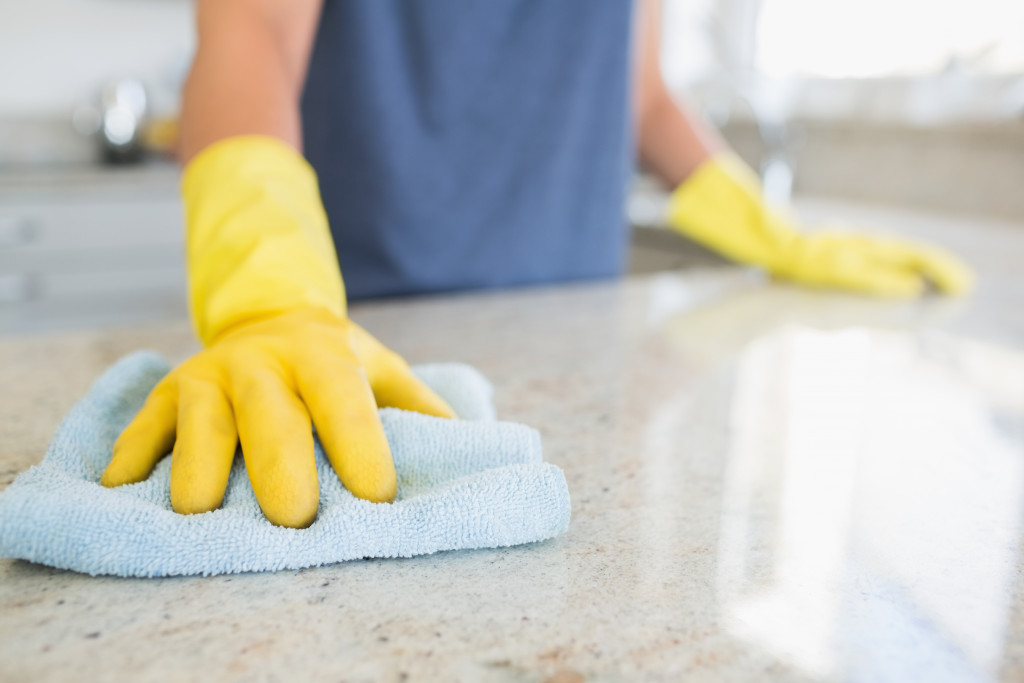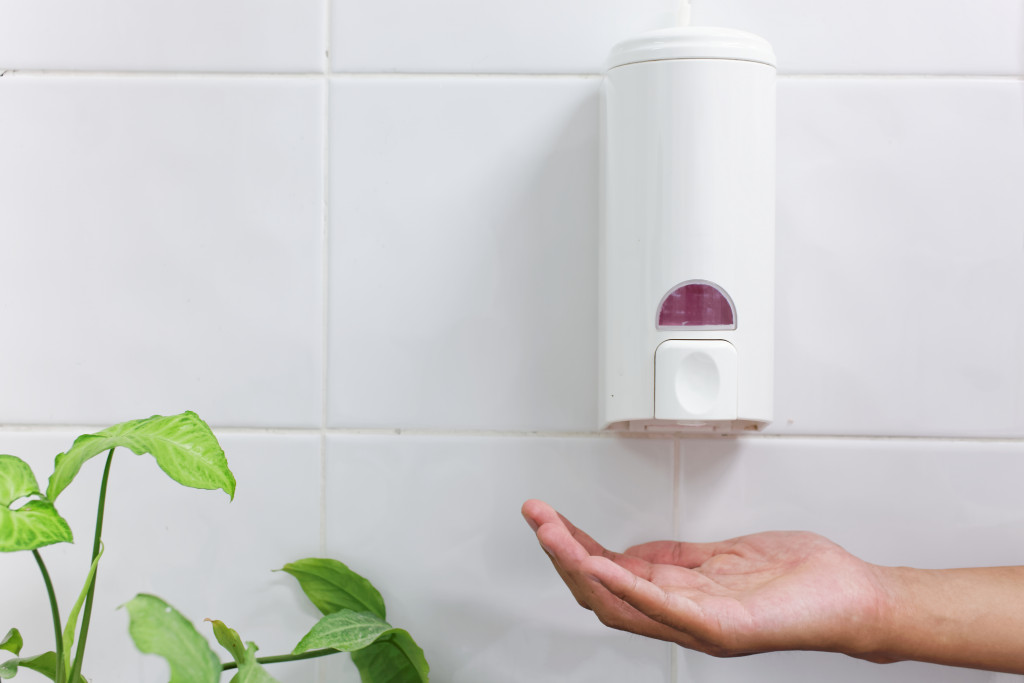A study by the Surgical Oncology Department of the University Mohammed V in Morocco purports that never has there been such a strain in the work-life balance of healthcare workers until now. Moreover, their spouses are reported to undergo immense stress when it comes to parenting while worrying their husband or wife could get ill from work. With this comes an urgent need to communicate more healthily with family members and encourage each other more.
You can maintain at least a sense of normalcy in the home by sticking to routines the family has been putting up even before the pandemic began. Comfort them when they are in distress and remind them that this situation will pass. Here are other ways you can care for your family during this pandemic:
Care for Yourself
In this global health war, when everyone depends on your healing hands for this to end soon, keeping yourself in the best health is already a given. Still, you have to ever be careful with the people you go home to. With this important thought in mind, religiously follow safety protocols and do not undermine the importance of every personal protective equipment (PPE) you are required to wear while on duty.
Before and after healthcare procedures, interfacing with every patient, and touching public property like toilet flushes and doorknobs, make sure to wash your hands for 20 seconds following the seven steps of hand hygiene and avoid touching your face. As soon as you arrive home, sanitize your hands and take a shower. Maintain a healthy diet consisting of lean meat, fruits, and vegetables, and do not forget to take your vitamins and food supplements.
With unprecedented challenges, people, especially healthcare workers and other responders witnessing the health crisis firsthand, could easily succumb to depressive states. Because you also want to be a mental crutch for your loved ones, you should not neglect your mental health. Small habits such as sticking to a seven-hour sleep, meditation, journaling, and self-affirmations practiced daily could create a big impact on your mental health.
Also, if you can or if your company offers services, go for a counseling session. All these things could help you divert your focus from constant negativity and, instead, live day by day with renewed strength.
Preemptive Practices at Home

Take time once a day to disinfect commonly touched surfaces in your houses such as light switches, doorknobs, cabinet and drawer handles, remote controls, and countertops. It is natural to worry that you might be a carrier of the coronavirus or other contagious diseases, especially if you’re regularly in contact with infected cases. And so, wear a mask whenever you are around housemates, especially elderly ones.
If available, you can opt to stay in a living space separated from your house but has a kitchen and bath provision. If you live with an elderly and you’re worried their health isn’t attended to as well as pre-pandemic, you can hire a home health aide to monitor them on your behalf.
Trips to purchase essential goods must be brought to a minimum, and so it will require all members of the household to coordinate what items need to be bought, when they are needed, and who goes out to buy. Moreover, items must be disinfected before they are stored in the pantry. Overall, everyone in the family should create a culture of safety and know the safety protocols they need to follow whenever they are out in public.
Distinguish Physical from Social Distancing
You cannot frequently meet your support group in person as often as pre-pandemic. Still, you can maximize online communication applications such as Facetime and Zoom to catch up on each other. The same is true for your loved ones, more so the elderly ones who need to avoid going out. Teach them how to navigate the technology through a smartphone or a computer if they aren’t yet familiar with it, and so they do not have to suffer the feeling of isolation.
The longer our elderly loved ones are staying home, the harder it is for them to bear. Aside from feeling lonely, they could feel as if there is less reason to continue living with the limited amount of things they can do. And so, constantly strike a casual conversation to them and pop the question of what they might be interested in doing (make them understand that going out is not the best option at the moment provided the health risks). Express your support in any of these interests (e.g., growing vegetables) and provide the materials if you can (e.g., garden soil and gardening tools).
If there is anything to be learned from this pandemic, it is that family members can improve their relationship with each other. As a healthcare worker, you can take the lead in keeping each family member’s welfare in check and always making sure that they feel valued.

